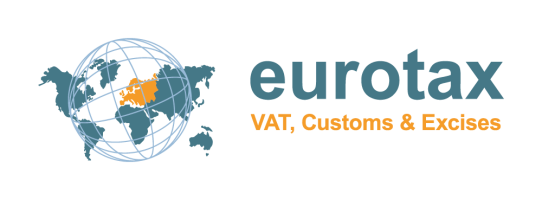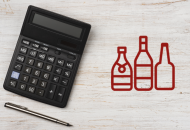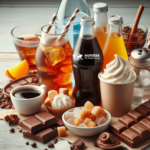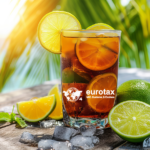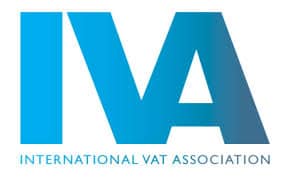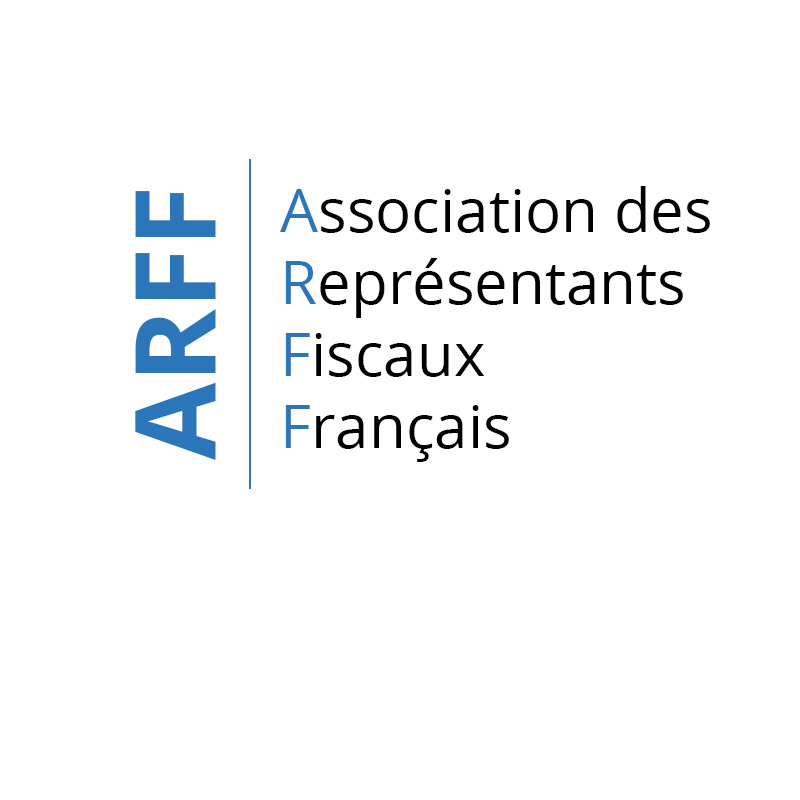While alcoholic beverages were exempt from a rule that requires all food and beverage products to have a nutritional label, this is no longer the case.
Up until now, the wine was not subject to the same strict requirements in order to display allergens, nutritional information, etc. Nevertheless, after long negotiations initiated by the consumer rights associations, the European Parliament have decided to introduce gross changes to the wine labelling rules. This new regulation concerns wine producers, distributors, or label producers selling wine in the EU and comes in force by December 2023.
Find below in our article the new EU wine labeling requirements.
The new EU wine labeling rules:
According to the new regulations, all wine labels sold in the EU must now include nutritional information.
The physical label must display the energy value (similar to a calorie count) indicated by an “E.” However, other required information, such as full nutrition and ingredients, can be provided electronically using QR codes or other means.
The regulation comes with a few stipulations :
- Ingredients causing allergies and intolerance are required to be on the physical label.
- The electronic labels may only contain the required information — no content for sales or marketing purposes is allowed.
- These electronic labels cannot collect or track user data.
The regulations fall under EU Regulation 2021/2117, which amends the Aromatized Wine Products Regulation (EU) No 251/2014, making it applicable to both wine and aromatized wine products.
How Brands Can Comply with Wine Labeling Requirements?
There are many ways for wine brands to comply with the labeling requirements, particularly in terms of electronic labels. The strict regulations may disqualify brand websites since they typically contain marketing content and tracking features, however, using QR codes, brands can direct consumers to different sites based on their location, ensuring compliance with EU regulations in the EU and maintaining personalized communication channels outside the EU.
How about wine brands coming from outside the EU?
The EU regulation requires any wine sold in the EU to be compliant.
Do the EU Wine Label Regulations Apply to Spirits & Beer?
The current regulation only applies to wine, but many innovative Spirits & Beer brands are working to get ahead of any similar legislation that may come to Spirits and Beer.
Any exceptions?
The new rules of labelling will not apply for wine which was produced and labelled before the new ruling comes into force. Such bottles can continue to be sold as it is, until the stock is exhausted.
When selling alcoholic beverages, it is also important to be compliant with the excise duties. Eurotax offer a service for alcohol excise duties declaration within the EU, you can discover more about it here or contact us for more information.
